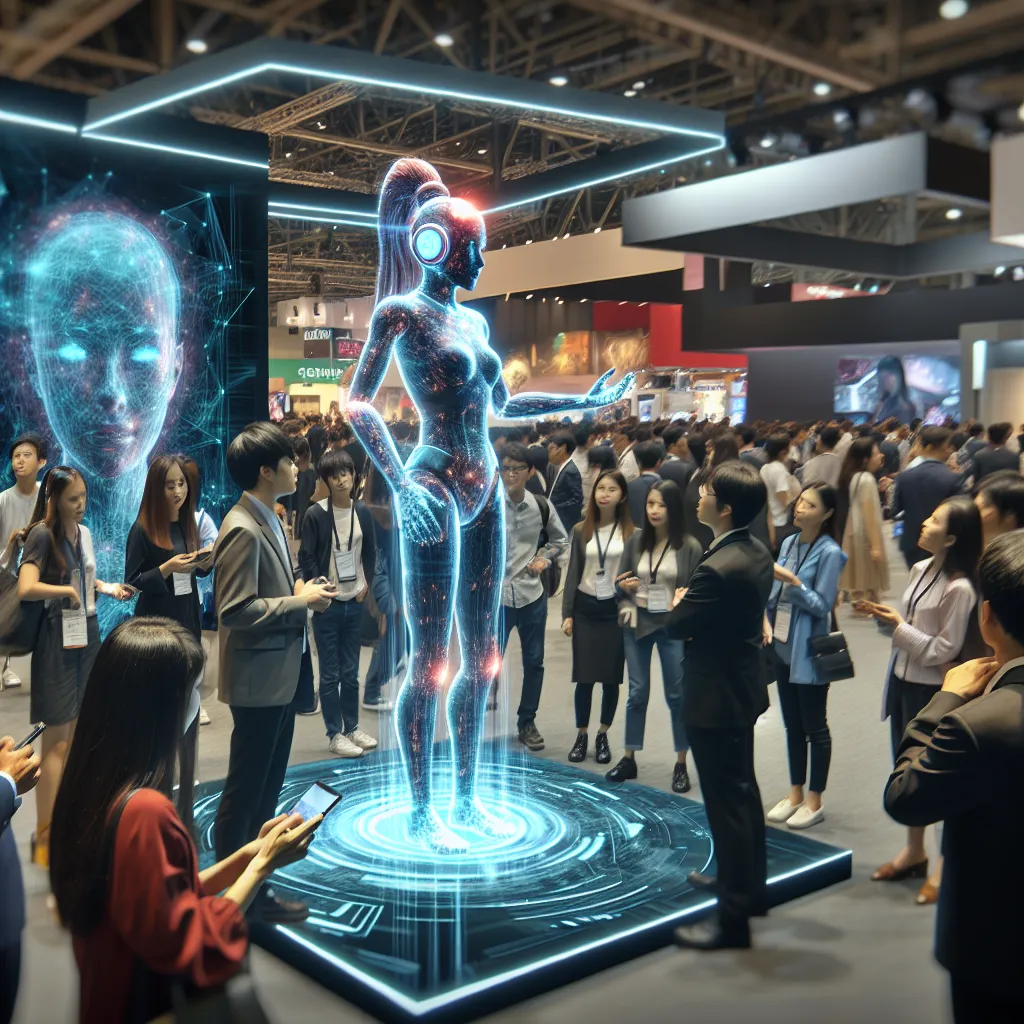Hybrid Events: The Future of Gatherings
As the events industry adapts to the post-pandemic era, a notable trend is the rise of hybrid events – a blend of in-person and virtual experiences. This fusion not only caters to diverse attendee preferences but also extends the reach of events beyond geographical limitations. The flexibility offered by hybrid events allows for increased participation and engagement, making them a key element in the future of gatherings. By integrating interactive virtual components with traditional physical aspects, hybrid events provide a dynamic and inclusive platform for attendees. Moreover, the accessibility of virtual elements enables a wider audience to join in, contributing to a more sustainable approach to events by reducing the carbon footprint associated with travel. As we move forward, it’s evident that hybrid events will continue to shape the landscape of gatherings, offering a versatile solution that meets the evolving needs of event organizers and participants alike.
Sustainability in Event Planning: A Growing Trend
In the post-pandemic era, sustainability has emerged as a pivotal trend in event planning, reflecting a growing awareness of environmental and social responsibility. Organizers are increasingly prioritizing sustainable practices, aiming to minimize the ecological footprint of events. This shift is driven by the recognition that events can have significant environmental impacts, from waste generation to energy consumption. As a result, a focus on sustainability has become a defining feature of emerging event trends.
Event planners are now integrating sustainability into every stage of event management, from venue selection to waste management. Green venues that prioritize energy efficiency and waste reduction are gaining popularity, as are outdoor and hybrid events that leverage natural light and minimize the need for artificial lighting and heating. Furthermore, the adoption of digital solutions, such as virtual event platforms, not only reduces the carbon emissions associated with travel but also opens up new opportunities for global participation.
Another key aspect of sustainable event planning involves minimizing waste generation and maximizing recycling. This can encompass strategies such as using biodegradable serving ware, implementing composting programs, and collaborating with vendors committed to sustainable practices. Additionally, there is a noticeable trend towards sourcing locally produced goods, reducing the carbon footprint associated with transportation and supporting local economies.
Furthermore, the post-pandemic era has seen a heightened emphasis on social sustainability within event planning. This includes promoting diversity and inclusion, fostering community engagement, and supporting local initiatives. Event organizers are increasingly leveraging their platforms to raise awareness of social causes and drive positive change in their communities.
In conclusion, sustainability has become a focal point of emerging event trends in the post-pandemic era. As the demand for environmentally and socially responsible practices continues to rise, the integration of sustainability into event planning will undoubtedly remain a driving force shaping the future of the events industry.
The Rise of Virtual Reality Experiences in Events
In the post-pandemic era, the events industry has witnessed a significant shift towards virtual reality experiences. As physical gatherings faced restrictions, event organizers turned to virtual platforms to create immersive and engaging experiences for their attendees. The rise of virtual reality in events has unlocked a new dimension of possibilities, allowing participants to interact and explore virtual environments from the comfort of their homes.
Virtual reality experiences offer a level of interactivity and engagement that was previously unattainable in traditional events. Attendees can now participate in virtual trade shows, conferences, and product launches as if they were physically present. This not only expands the reach of events to a global audience but also provides a more inclusive experience for individuals who may have been unable to attend in-person events due to various constraints.
Furthermore, the integration of virtual reality technology enables event organizers to craft unique and memorable experiences that leave a lasting impact on participants. From virtual tours of exhibition spaces to interactive gamification elements, virtual reality adds an element of novelty and excitement to events, enhancing overall engagement and retention.
With the advancements in virtual reality hardware and software, the quality of immersive experiences continues to improve, offering lifelike simulations and realistic interactions. As a result, virtual reality has become a game-changer in the events industry, revolutionizing the way gatherings are conceptualized and executed in the digital age.





